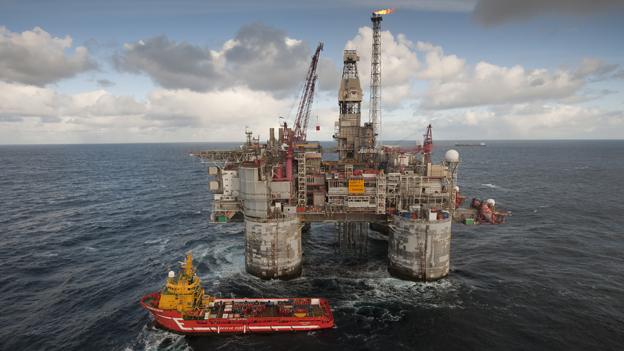Norway oil: Environmentalists lose Arctic exploration case
- Published
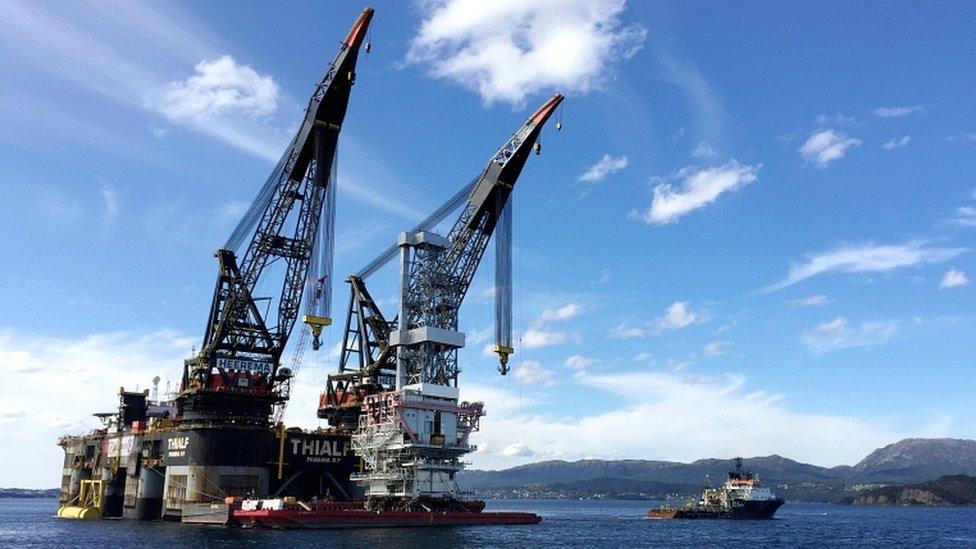
Norway is western Europe's largest producer and exporter of oil
A Norwegian court has backed the government's plans for oil exploration in the Arctic, which had been challenged by environmental groups.
The issuing of oil exploration licences breached a constitutional right to a healthy environment, the groups said.
The 10 licences were issued in 2016 to explore the Barents Sea above the Arctic circle.
Norway is seeking to replace production from its dwindling oilfields in the North Sea and Norwegian Sea.
Although signed up to the 2015 Paris climate change agreement, it is western Europe's biggest producer and exporter of oil and gas.
Greenpeace says global energy companies have already discovered more oil and gas than the world can safely burn.
'State exonerated'
The licences were awarded in May 2016 to 13 companies including state oil company Statoil, US companies Chevron and ConocoPhillips and Russia's Lukoil.
Greenpeace, along with the Nature and Youth group, had argued that the licences - the first to be issued in 20 years - were in violation of the Paris agreement and the Norwegian constitution.

When the case opened, campaigners placed a five-tonne sculpted block of ice outside court, bearing the words of the constitutional article they used to challenge the state
They accused Norway of violating a section of the country's constitution, amended in 2014, that guarantees the right to a healthy environment.
"The environmental organisations' argument that the plan violates the Constitution's Article 112 has not succeeded," the ruling by Oslo district court said. "The state, represented by the Ministry of Petroleum and Energy, is exonerated."
The court also ruled that Norway could not be held responsible for CO2 emissions caused by hydrocarbons exported to other countries.
The Paris agreement seeks to limit average global warming caused by greenhouse gases from fossil-fuel burning to under 2C (3.6F) over pre-industrial levels, and to 1.5C if possible.
- Published14 November 2017
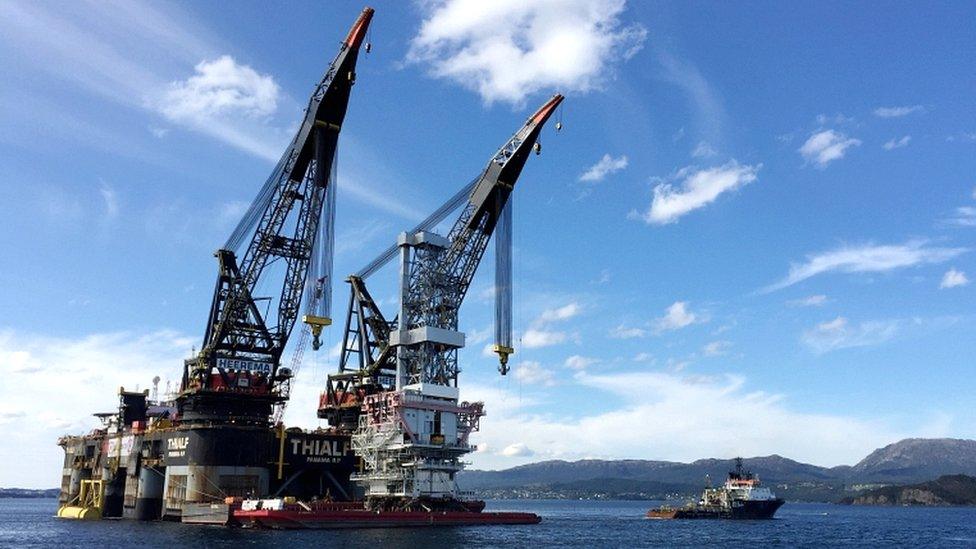
- Published22 January 2014
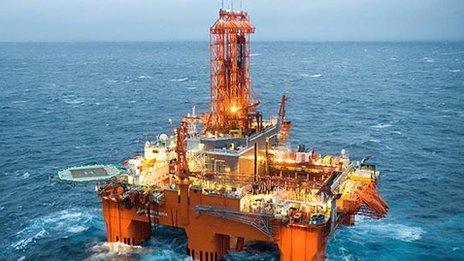
- Published18 August 2014
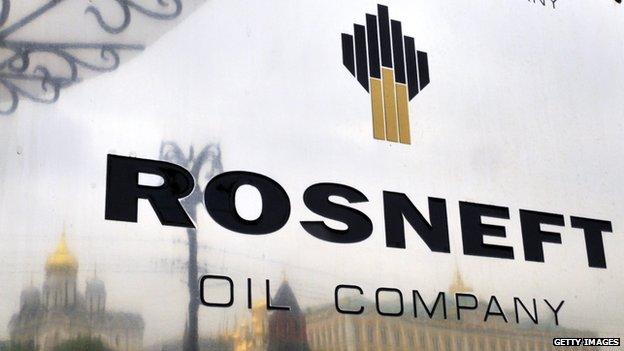
- Published27 August 2014
